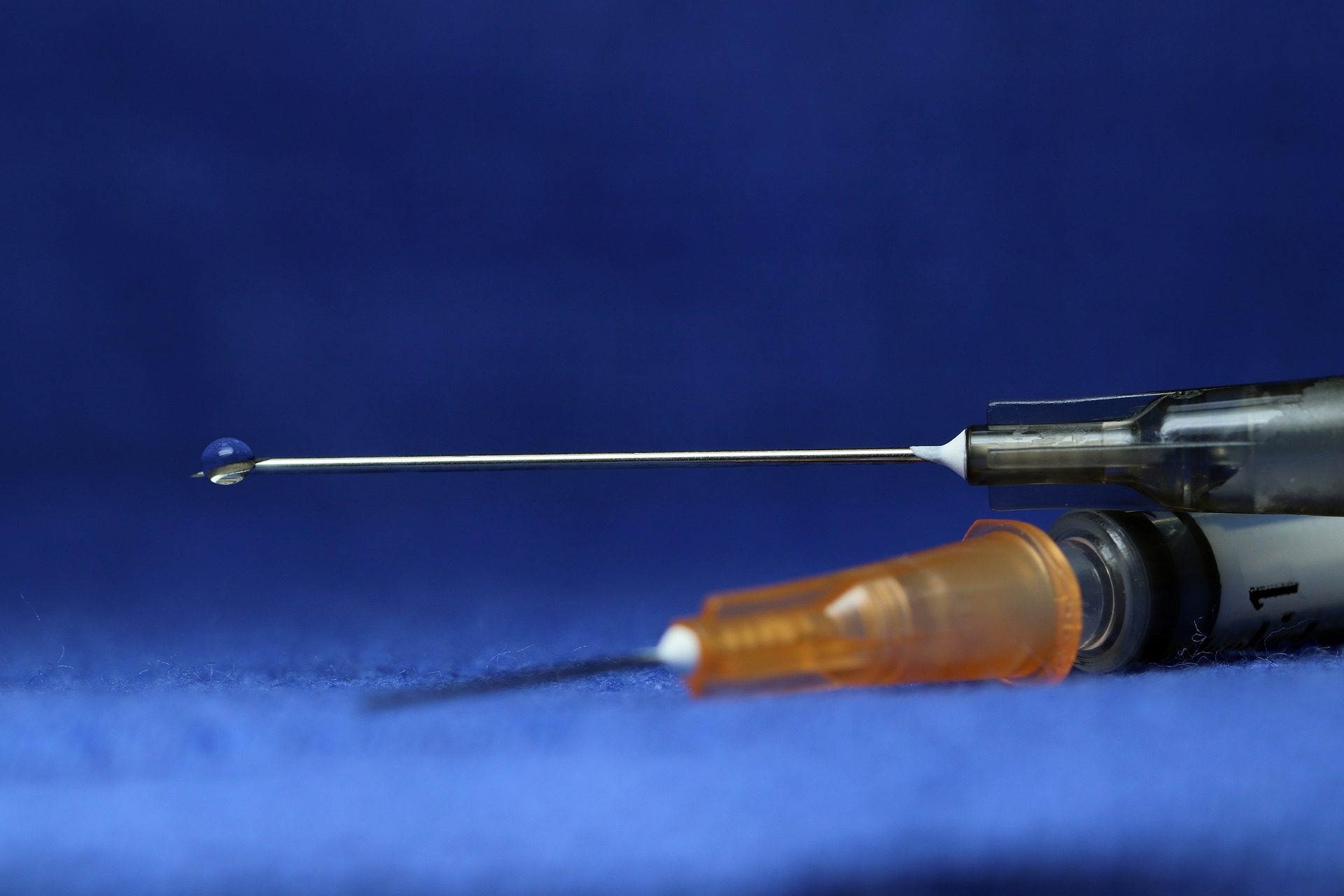The vaccination campaign in Qatar has been expanding weekly, with more people open to getting vaccinated to fasten the return to normality.
Since the start of the Covid-19 vaccine rollout, vaccine hesitancy has been attributed to rampant conspiracy theories, exaggerated rumours on side effects, and general misinformation circulating on social media platforms.
Many have refused the vaccine or have chosen to delay getting their first shot until more people had taken it in order to get a clearer picture of efficacy and possible long-term side effects.
However, one rather insidious factor that could potentially be a cause behind the lack of Covid-19 vaccine uptake, remains somewhat neglected. Trypanophobia, more commonly known as needle phobia, is defined as the extreme fear of medical procedures that involve injections or hypodermic needles. This type of phobia tends to be more common among children, but in some cases, the phobia remains throughout adulthood.
Needle phobia can deter people from different kinds of medical procedures such as blood tests, contraceptive injections, surgical procedures and necessary medical interventions, as well as vaccinations.
Read also: FDA approves Pfizer vaccine use for children aged 12 to 15.
While most of us aren’t exactly fond of getting shots, we end up doing so regardless of fear or discomfort since we understand the benefits of immunisation and the protection vaccines provide us and others.
However, for those with needle phobia, it is not that simple.
Even if they understand the benefits, the fear usually takes over and ends up causing feelings severe anxiety and dread. In these types of cases, so much as even thinking about needles or vaccines has the potential to elicit a negative reaction.
Symptoms of trypanophobia include:
- Panic attacks
- Anxiety
- Fainting
- Insomnia
- Dizziness
- High blood pressure
- Elevated heart rate
- Feelings of emotional or physical aggression
While it remains unclear what the causes of needle phobia are, studies have shown that traumatic experiences, genetics and/or changes in brain chemistry potentially play a role. Needle phobias can also occur as a result of hypersensitivity to pain, or a deeply rooted psychological distrust of foreign substances being injected into one’s body.
Globally, studies have concluded that up to one in four adults report concern or some level of fear of needles, with up to one in 10 being so frightened that they would refuse vaccinations entirely.
Research published in 2019 showed that, across multiple counties, 16% of adults avoid taking the flu shot due to a fear of needles. This becomes all the more pertinent given the current global crisis, where any hope of returning to normal post-pandemic relies largely on the population’s willingness to take a Covid-19 vaccine.
Qatar’s daily Covid-19 infection rate sees 27% drop in 24 hours
A recent US-based study published in February that investigated the intentions to vaccinate against Covid-19 found that of those who reported they were unlikely or unsure about getting the vaccine, 12% attributed it to a fear or hatred of needles.
Experts say that this type of vaccine hesitancy is largely preventable. If you suffer from needle phobia and taking the Covid-19 vaccine is causing you distress, here are a few recommended ways to overcome this fear:
- Getting professional help/advice. Therapists are trained to help people with phobias including trypanophobia. Once the source of fear has been identified, therapists can offer coping techniques such as cognitive behaviour therapy or exposure therapy. Visitng your doctor and asking for medication to manage your anxiety is also an option. If the fear stems from hypersensitivity to pain, a topical anaesthetic can be used to numb the patient’s arm ahead of their scheduled Covid-19 shot.
- Having someone there with you for support. If the vaccination centre or clinic allows it, you could ask in advance to have a family member or a friend there with you to support you through the experience.
- Focus on the positive. All studies and trials have concluded that the Covid-19 vaccines are safe and are effective at keeping people from getting severely ill or dying from the novel coronavirus.
- When at your vaccine appointment, distract yourself from what is happening. The entire vaccination process takes a few seconds, but brief distractions such as watching a short video or listening to a song, practicing deep breathing, or even reading something can help take your focus off the vaccination process.
- Make sure to tell the nurse about your phobia ahead of the shot. Alerting your nurse ahead of time could help them prepare for possible fainting, or elevated heart rate or any other symptoms. They could also help by explaining the steps or counting down so as to give you a heightened sense of control over the situation.
Follow Doha News on Twitter, Instagram, Facebook and Youtube







